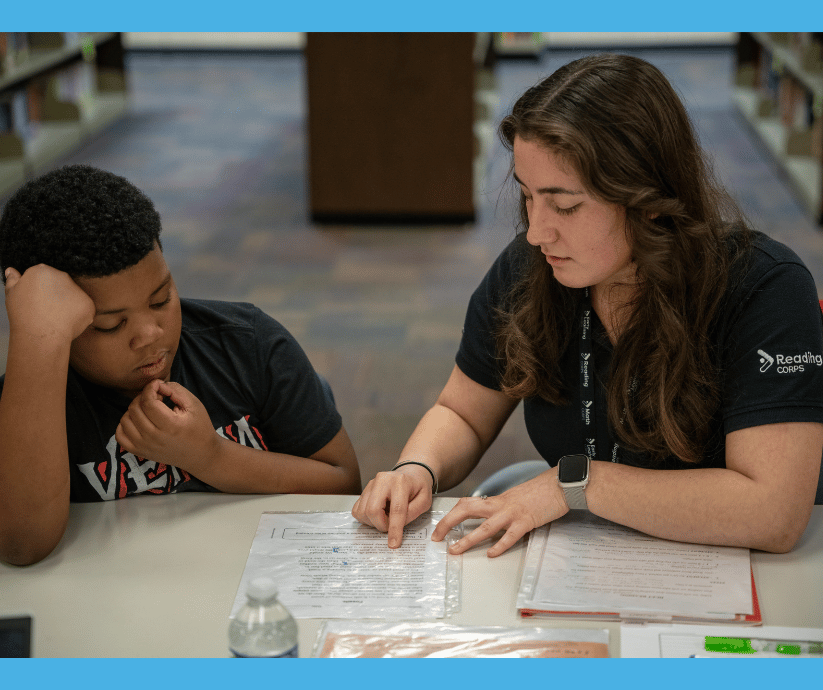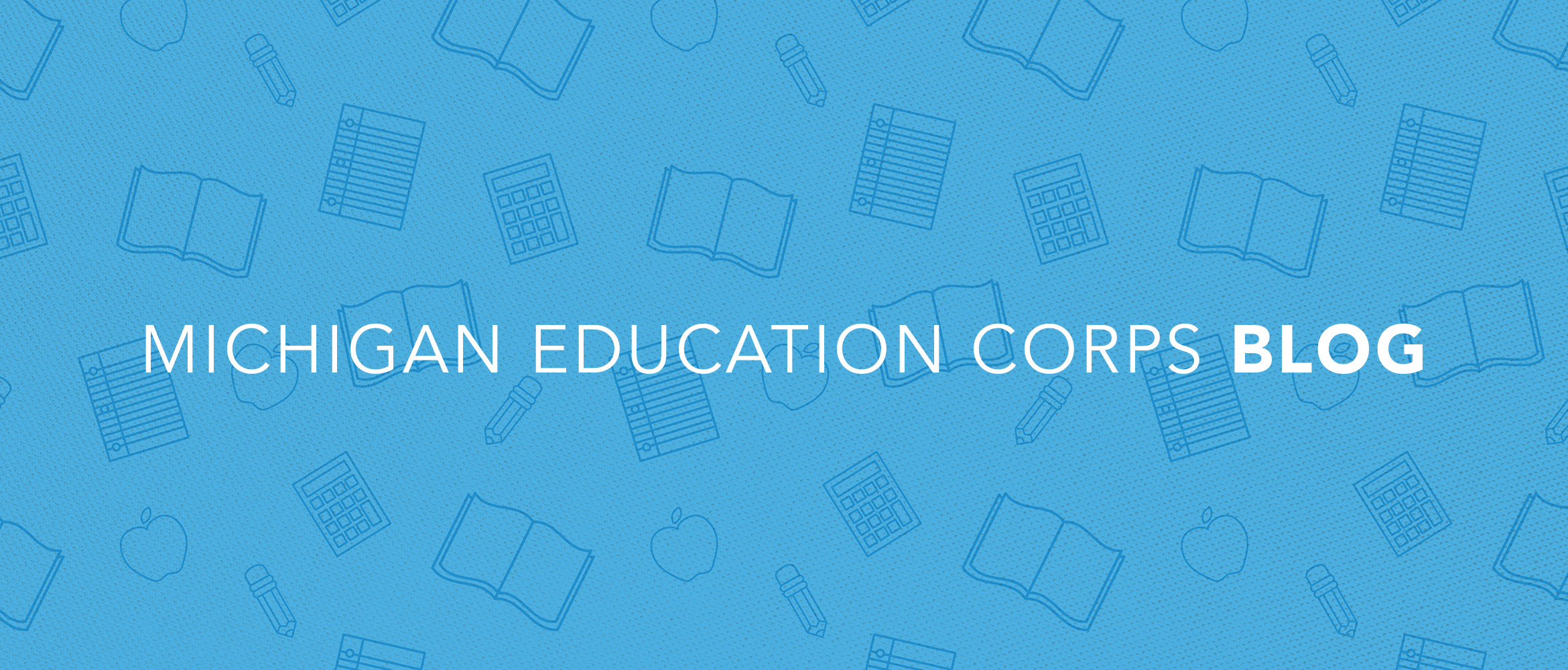
Does Your High-Impact Tutoring Program Work? Evaluating Tutoring Effectiveness
Holly Windram, Ph.D., Executive Director of Michigan Education Corps
High-impact tutoring is a proven, cost-effective way to help students catch up when they fall behind. If your school has a tutoring program, that’s a great start.
It demonstrates your commitment to student success and gives teachers the support they need to keep everyone on track. But how can you be sure your program is delivering results?
In a previous blog, Not All Tutoring is Equal, we outlined the essential elements of high-impact tutoring.
To assess if your program measures up, ask yourself these three key questions:

1. Was The Tutoring Intervention Done With Fidelity?
You can’t determine if something worked without evidence of how well it was done.
The same applies to tutoring.
While most tutoring is high-quality, we can’t be sure unless we observe and confirm that it’s being delivered correctly.
The best way to ensure this is through direct observation using a checklist of critical activities.
While live observation is ideal, video recordings can also serve as valuable tools to confirm fidelity.
See here for more information on how to evaluate fidelity of tutoring. See here for examples of intervention scripts and checklists.
2. Were You Measuring The Right Skills With The Right Tool?
If your program isn’t collecting student progress or learning data, that’s a red flag.
Data matters, but only when they are the correct data and collected accurately.
Use assessments to monitor student learning progress aligned with the specific skills you’re targeting.
For example, if you’re tutoring letter sounds, the assessment tool should measure that skill specifically—just like a scale measures weight, not height.
3. Decision-Making: When, Who, and How?
When? – If you’re collecting data on student learning (which you should be), when do you review it? Monthly? Quarterly? Create a calendar that ensures these conversations stay on track.
Who? – The right people need to be at the table. Is the tutor present? Do you have a content or program expert with deep knowledge of the subject (reading, math, etc.)? Is someone available to analyze and accurately interpret the data? Are key decision-makers present—people who can allocate resources and determine if more tutoring is needed? In schools, this might include the tutor, literacy coach, principal, and program coach. In community settings, it could involve the tutor, program expert, and center director. And don’t forget caregivers—how are they included in the process? If they aren’t present, ensure clear and transparent communication with them.
How? – The process matters. Are decisions made using a clear protocol? Is there an experienced facilitator to guide the conversation? Is someone documenting decisions for future reference?
Now What?
If key elements like fidelity checks or data reviews are missing, start the process of implementing them in this order:
First, ensure you are gathering accurate data.
Second, ensure fidelity in your tutoring process.
Third, set up a clear decision-making protocol for data reviews.
This way, when someone asks if your tutoring program “works,” you can confidently say “yes”—and explain exactly why.
Click here for an example of MEC’s data-review protocol and to learn more about how our programming delivers high-impact tutoring across Michigan.

Holly Windram, Ph.D., is the Executive Director of Hope Network’s Michigan Education Corps (MEC). With over 20 years of experience in education, she has held various roles, including School Psychologist, Asst. Special Education Director, and Special Education Director. Holly has authored educational publications and served on committees and boards, contributing to the field of education.
Sources:
Robinson, C. D., Kraft, M. A., Loeb, S., & Schueler, B. E. (2021). Accelerating Student Learning with High-Dosage Tutoring. EdResearch for Recovery Design Principles Series. EdResearch for Recovery Project;
Nickow, A., Oreopoulos, P., & Quan, V. (2020). The impressive effects of tutoring on prek-12 learning: A systematic review and meta-analysis of the experimental evidence.
White, S., Groom-Thomas, L., & Loeb, S. Undertaking complex but effective instructional supports for students: A systematic review of research on high-impact tutoring planning and implementation.
Lane, C., Neely, L., Castro-Villarreal, F., & Villarreal, V. (2020). Using coaching with video analysis to improve teachers’ classroom management practices: Methods to increase implementation fidelity. Journal of Technology and Teacher Education, 28(3), 543-569.






